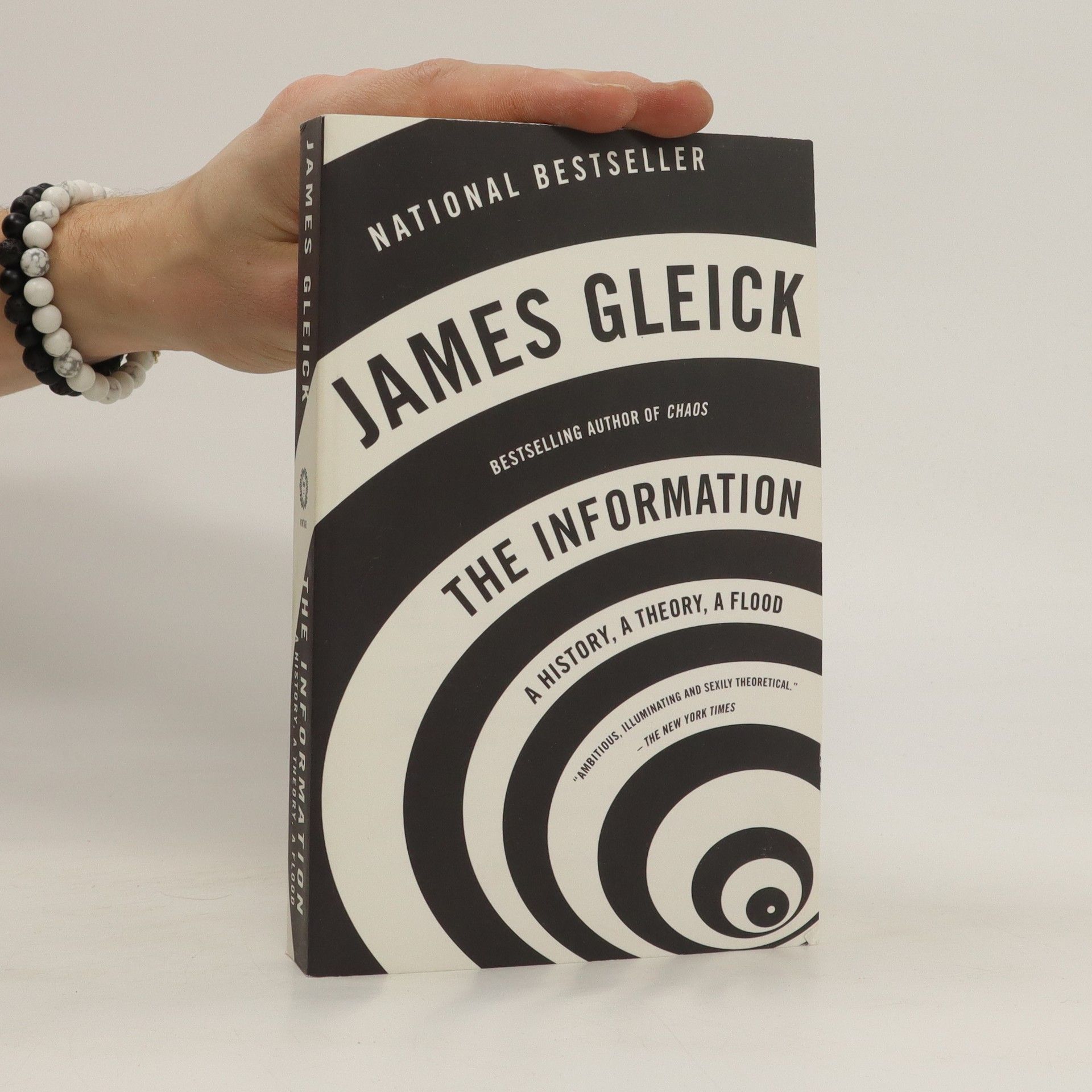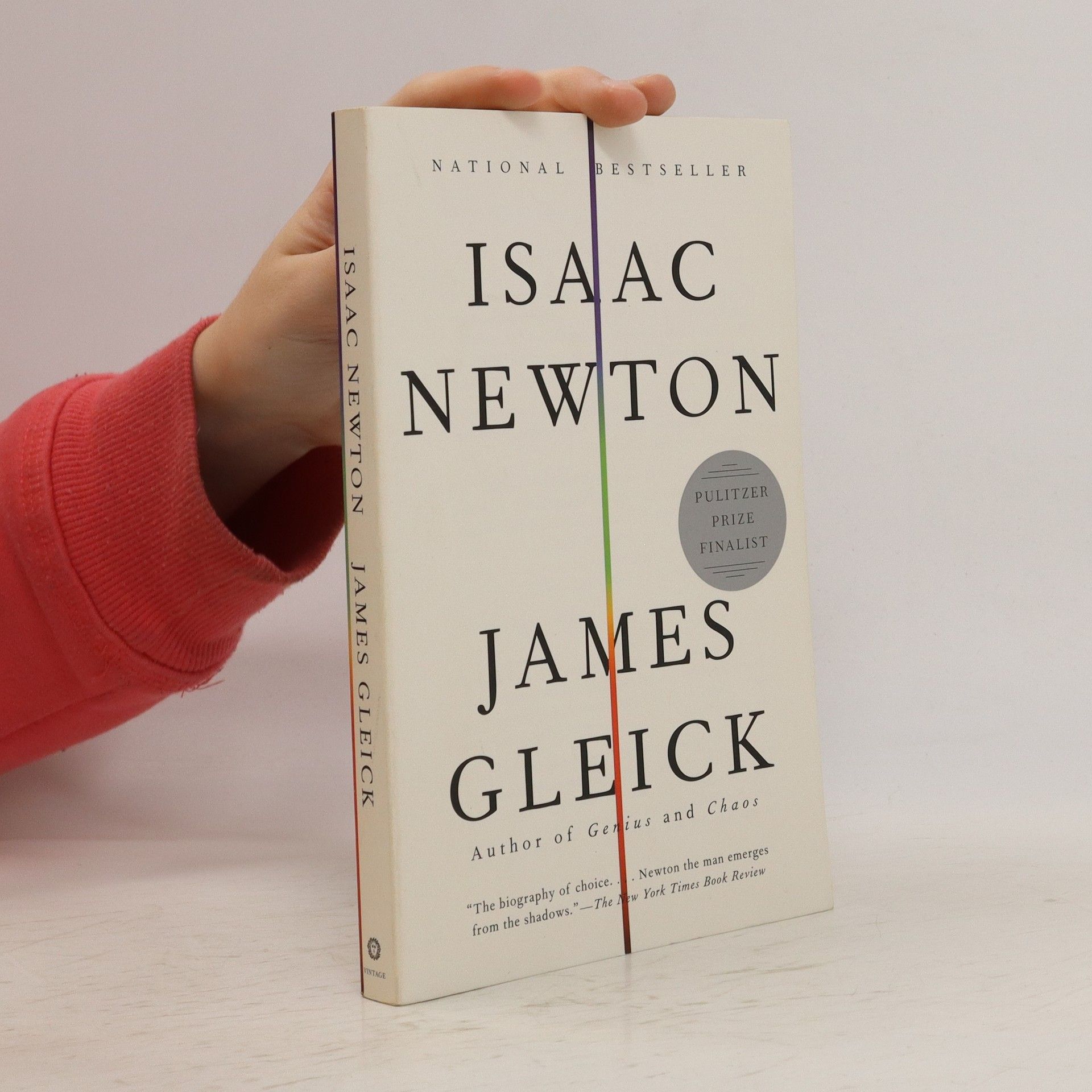Caos
La nascita di una nuova scienza
Una goccia che si spande nell'acqua, le fluttuazioni delle popolazioni animali, i ritmi della fibrillazione cardiaca, la Grande Macchia Rossa di Giove, le oscillazioni dei prezzi, gli errori del computer. Sono fenomeni apparentemente assai diversi, con un solo tratto in comune: per la scienza tradizionale appartengono al mondo dell'imprevedibile, al "caos". Ma da due decenni gli scienziati stanno scoprendo che dietro il "caos" c'è un ordine nascosto, cha da origine a fenomeni complessi a partire da regole semplici. Gleick racconta la nascita e l'evoluzione della "scienza del caos" seguendone le tappe attraverso i ritratti dei suoi protagonisti. Ed in questo percorso appassionante riesce a suggerire un diverso modo di osservare il mondo.ou will never look at the world in quite the same way again.










